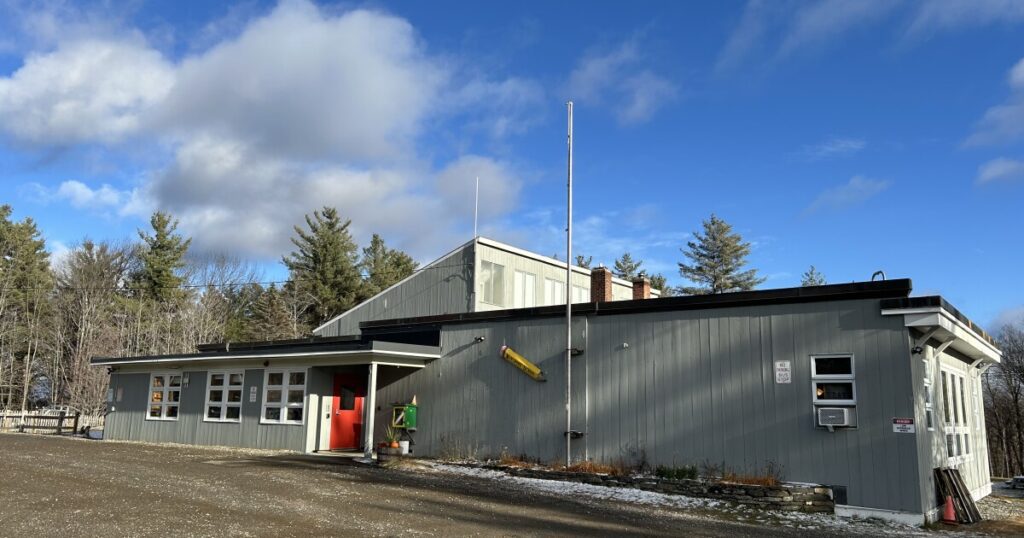Vermont’s new education law is supposed to transform the state’s school system.
But even though most of Act 73 won’t take effect for a few years, the sweeping bill is already prompting school boards to make tough decisions in an effort to get out ahead of any state-imposed changes.
One of the law’s most consequential provisions would reduce the number of school districts from 119 down to a dozen or so.
In a recent survey by the Vermont School Boards Association, more than half of the districts that responded said they’d begun discussing their own consolidation plans.
Another key provision sets strict thresholds for class size and gives the State Board of Education authority to close schools that don’t have enough students.
Even though those thresholds won’t kick in until the 2026-2027 school year, some districts aren’t waiting.
The Taconic and Green Regional School District, near Manchester, voted to close two small elementary schools recently. And while the initial discussion predated Act 73, the new law’s strict provisions on classroom size influenced the board’s vote.
In Marlboro, the school board will likely vote next month on whether to close its elementary school and give families school choice.
“We want the decision about the school to be made by this community, and not by the larger forces coming down from the state.”
Dan MacArthur, chair of the Marlboro School Board
Board Chair Dan MacArthur said if they wait, the school could be closed through Act 73, leaving parents with fewer options.
“We want the decision about the school to be made by this community, and not by the larger forces coming down from the state,” MacArthur said.
Just over 50 kids are enrolled in the pre-K through 8th grade school, according to Dana Gordon-Macey, the school principal.
Gordon-Macey said the new education law is forcing a decision sooner rather than later.
“In the long term we will just run out of kids, and Marlboro represents what Act 73 came out of,” Gordon-Macey said. “Budgeting over the years has become more difficult because the taxes people are paying are far beyond what they can afford. But Marlboro as a town will make our own decisions until they absolutely tell us we can’t.”
That desire for local control is also driving districts to try to preempt forced consolidation.
School districts in Rutland, Bristol, Grand Isle, Fairfax and Montpelier have all debated the pros and cons of merging before the state possibly forces a merger.
South Hero School Board Chair Rich Monterosso said a group of districts in the Champlain Islands is trying to retain some of its local control by forming a district now that meets the Act 73 threshold.
“There’s just a lot of anxiety here throughout the islands,” Monterosso said. “We have very small schools. We have very small districts, and we would lose any voice, or any meaningful vote. It would be people away from our rural areas basically deciding what’s going to happen and which schools will close.”
But House Education Committee Chair Peter Conlon cautioned that districts can’t necessarily ward off changes at the state level.
“It’s great that everybody is talking. I think those talks can certainly influence what decisions the Legislature makes,” Conlon said. “But ultimately we have to make the decisions, and they may be similar to what the discussions are proposing or counter to what they are proposing. Districts are not going to circumvent the legislative process by talking to one another.”
There are still a lot of details to work out in how Act 73 will ultimately roll out, and Conlon admits there is even an outside chance that the whole thing falls apart.
Still, he said the discussions and decisions that are being made now will hopefully make for a stronger education system.
“One of the benefits of Act 73 passing is that it has prompted a lot of districts to sort of have hard conversations about their futures,” Conlon said.

